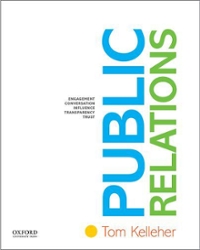Question
Many observers, sometimes dubbed 'hyperglobalizers,' interpret our current era of globalization as one characterized by 'global governance.'According to this view, state sovereignty has been largely
Many observers, sometimes dubbed 'hyperglobalizers,' interpret our current era of globalization as one characterized by 'global governance.'According to this view, state sovereignty has been largely eclipsed by the collective power of intergovernmental organizations like the United Nations and the North Atlantic Treaty Organization (NATO), international economic institutions like the World Bank and the IMF, transnational corporations like Walmartand Shell, and non-governmental organizations like Amnesty International and Greenpeace.
This discussion invites you to consider the validity of this interpretation of political globalization, by reflecting on the current COVID-19 health pandemic, and considering what the global response to this crisis tells us about the relative power of individual states, and the role of IGOslike the World Health Organization.To what extent are we currently living in an era of global governance?To what extent do individual states retain sovereignty?Are all states equally independent?Would a 'real' world government be preferable in the face of this kind of global crisis?Why or why not?
Step by Step Solution
There are 3 Steps involved in it
Step: 1

Get Instant Access to Expert-Tailored Solutions
See step-by-step solutions with expert insights and AI powered tools for academic success
Step: 2

Step: 3

Ace Your Homework with AI
Get the answers you need in no time with our AI-driven, step-by-step assistance
Get Started


